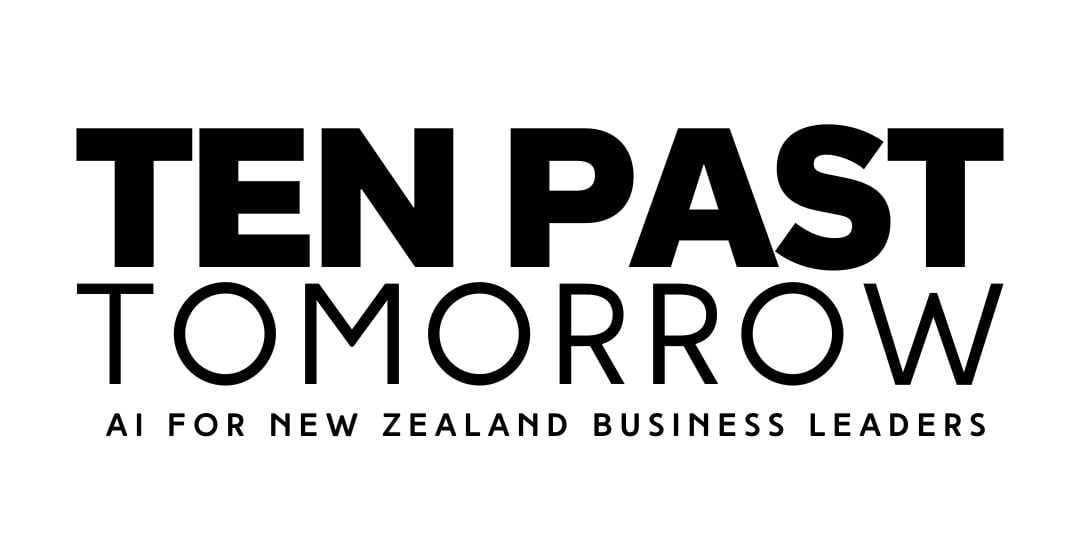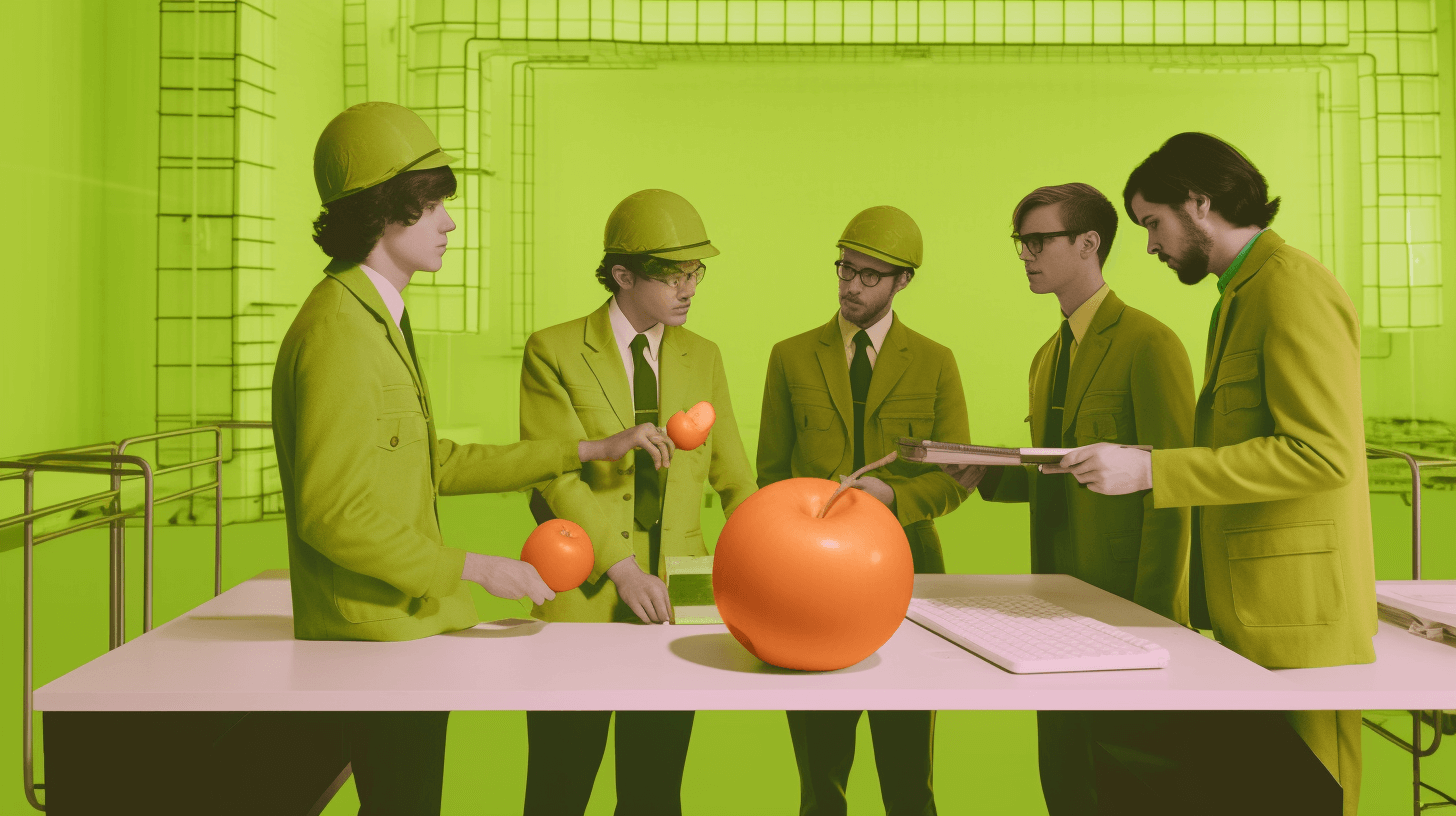The Single Most Important Problem AI is Solving
AI is not a solution looking for a problem.
It's a boundless toolbox, waiting for us to dream up new ways to use it.
This is a conclusion I’ve come to over the past five days and a lot of thinking, sparked by a simple LinkedIn post from an AI colleague whose opinions I respect a lot.
Her questions in the post were;
- "What's 'THE' problem that AI is trying to solve?
- What does good look like for AI?"
These questions made me consider the premise of how we often think about transformative technologies, and why generative AI is so fundamentally different to almost all other technologies.
My summary; AI is a lot like Lego.
It's a general-purpose technology that can be adapted to solve an infinite variety of problems.
Just as Lego bricks can build anything from a kid’s house to a futuristic spaceship, AI can power everything from smart email to lifesaving medical diagnoses. Its strength lies not in solving one specific problem, but in its versatility.
The power of general-purpose technologies
Let’s think for a moment about the most transformative innovations in history: the wheel, the printing press, electricity.
These are all general-purpose technologies (coincidentally and confusingly, also acronised to “GPT”).
They didn't just improve one area of life - they revolutionized entire societies. GPTs are pervasive, they spawn new innovations, and they drive long-term growth.
Take the steam engine asn example. It powered the Industrial Revolution, transforming manufacturing, transportation, and labour. It enabled the mass production of goods, the expansion of global trade, and the rise of cities. It fundamentally reshaped the economic and social landscape of the 19th century.
AI has all the hallmarks of a General Purpose Technology.
It's already permeating every industry, from finance to healthcare to entertainment. It's sparking new inventions left and right, from self-driving cars to AI-generated art. And it's going to drive economic growth for decades to come.
But what makes AI unique among GPTs is its mind-boggling adaptability.
 "Anyone seen where I left that general purpose technology I was working on yesterday?"
"Anyone seen where I left that general purpose technology I was working on yesterday?"
AI as a lego-like tool
With the same set of Lego bricks, you can create an infinite array of structures.
One person might build a castle, another a robot, another a city skyline. The possibilities are endless.
Now let’s apply that concept to generative AI…
- On an individual level, AI is proving its versatility. I give the example of a client of mine - a small business owner who faces the classic set of challenges that all SMB owners face. Up against “too much to do, too many hats to wear, and not enough hours in the day” she knew she wanted to add an e-commerce arm to her brick-and-mortar retail business, but didn’t have the time or skills needed to establish an online presence. But with AI tools, she's been able to quickly set up an e-commerce store, create targeted marketing campaigns, and analyze customer data - all without needing to be a tech expert. AI has empowered her to adapt and thrive in a digital world.
- In healthcare, generative AI is being used to predict disease outbreaks, accelerate drug discovery, and personalize treatments. It's analyzing medical images to detect cancers earlier, mining patient data to identify risk factors, and assisting in complex surgeries. It's a toolbox that can augment and empower medical professionals to provide better, more targeted care.
- In agriculture, AI is optimizing crop yields, reducing water usage, and mitigating the effects of climate change. It's analyzing satellite imagery to monitor crop health, predicting weather patterns to inform planting decisions, and controlling precision irrigation systems. It's helping farmers grow more with less, ensuring food security in the face of a changing climate.
- In education (admittedly not at the pace that we need our education systems to evolve!), generative AI is powering adaptive learning platforms that tailor content to each student's needs and pace. It's providing instant feedback, identifying knowledge gaps, and recommending personalized study plans. It's making high-quality education more accessible and effective, regardless of a student's background or location.
Even in environmental conservation, a niche that not many would naturally associate with generative AI, the technology is tracking wildlife populations, modeling ecosystem dynamics, and combating poaching. It's analysing audio recordings to identify bird and frog species, processing camera trap images to estimate animal densities, and predicting the spread of invasive plants. It's a powerful ally in the fight to protect biodiversity and habitats.
Conclusion
When my colleague posed those thought-provoking questions on LinkedIn, she kicked me down a mental track I didn't expect.
But I'm glad she did.
Pondering the nature of AI has led me to a strong conclusion: Like Lego, AI is a tool of boundless potential, limited only by our creativity and wisdom in wielding it.
So here's my challenge to you… Don't just ask what AI can do. Ask what you can do with AI. (Too cheesy? If so, sorry!)
But I do implore you as leaders of NZ business; please educate yourself about generative AI’s capabilities and implications.
There are countless resources out there - online courses, books, conferences, communities. Dive in, and start exploring. (Shameless plug; if you need an AI consultant to guide you through all of this, I know a great one.)
But don't stop there either.
I fundamentally believe we need AI literacy to rise across the board in New Zealand, and that often starts with curiosity and conversation.
So please start a conversation about AI within your own circles. Share your learnings, your hopes, your concerns. We need diverse voices and perspectives to shape the path of this transformative technology. As a business leader, you have a part to play. We all do.
The Lego blocks are in our hands. It's up to us to decide what we build. Let's make it something awesome.



Got something to add? Chime in below...